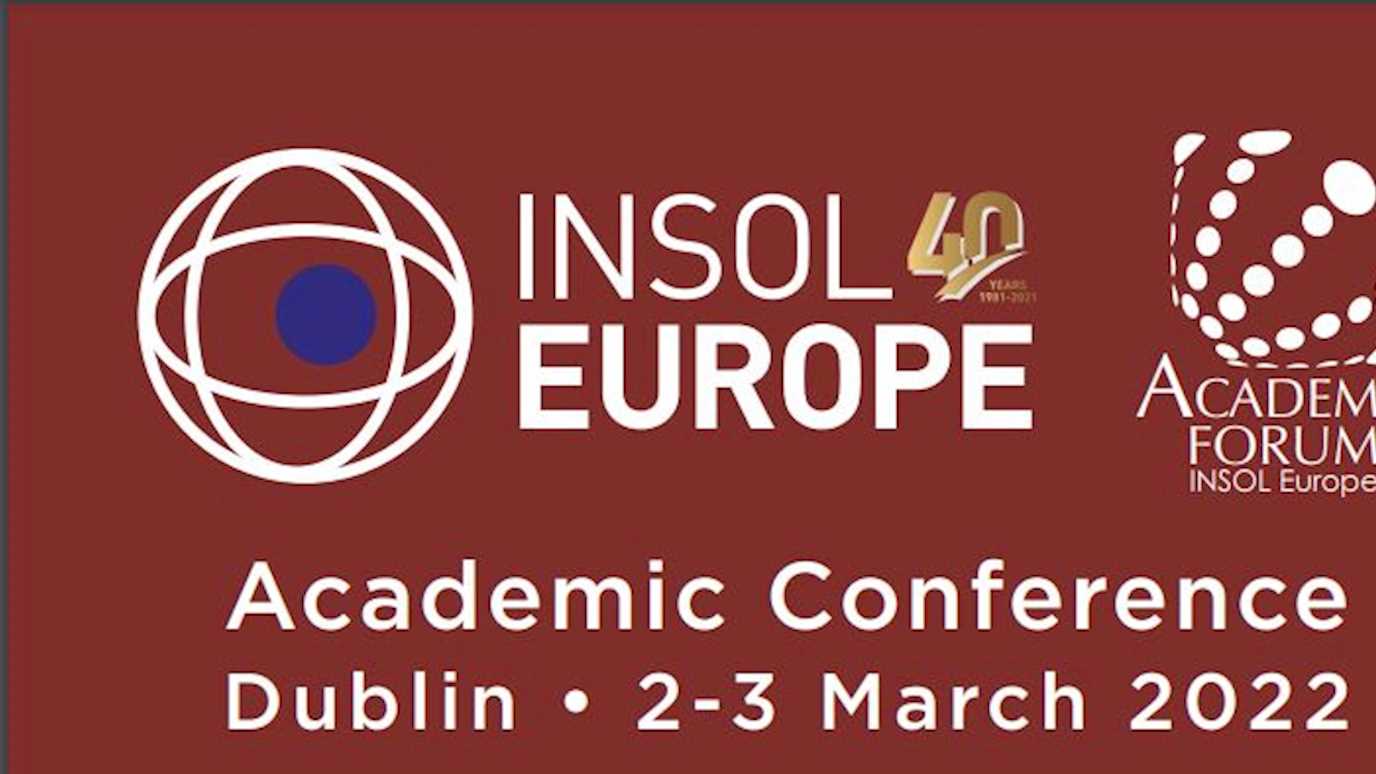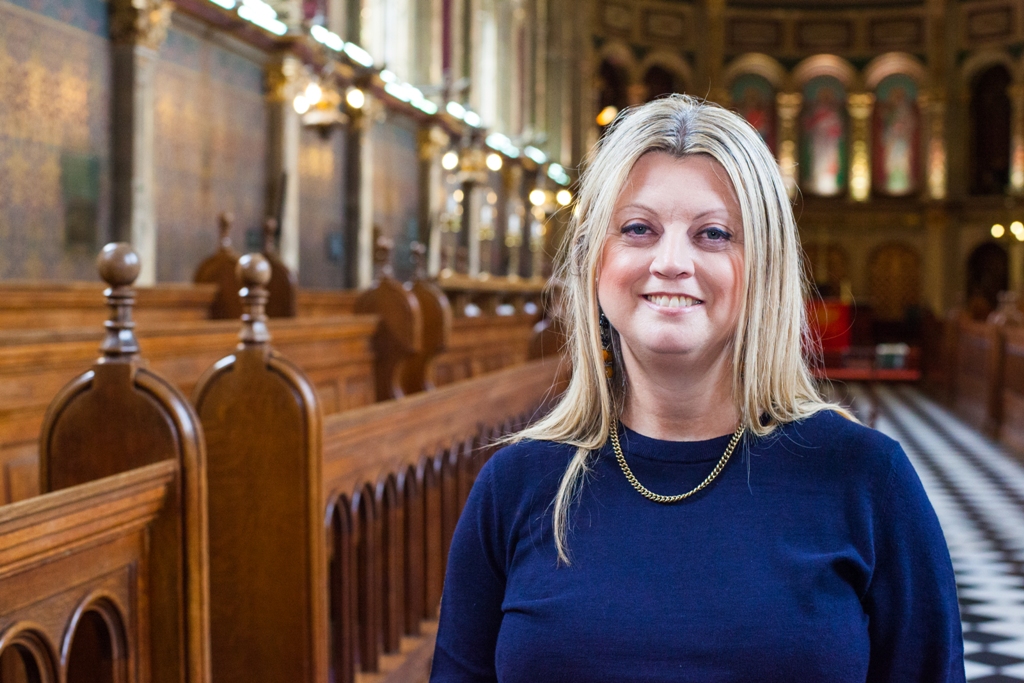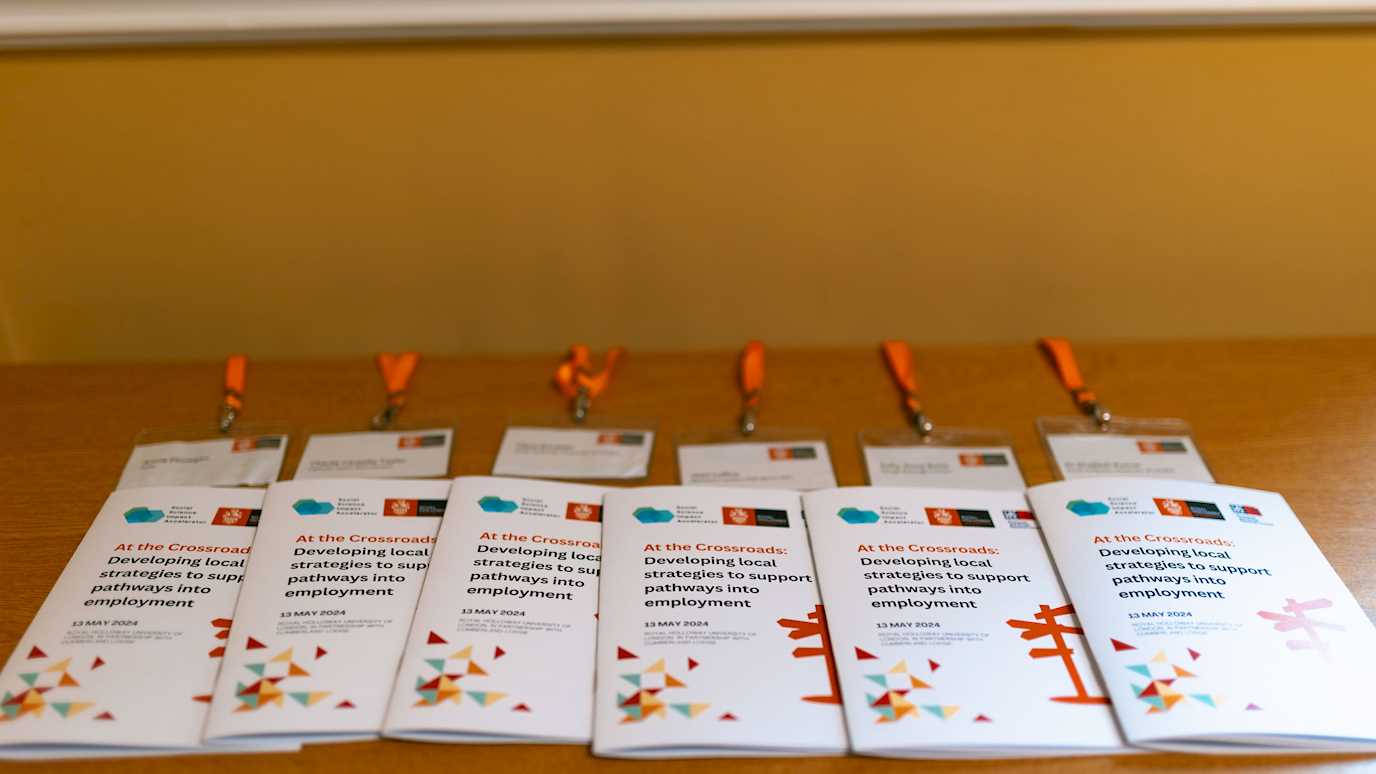Dr Eugenio Vaccari (Royal Holloway, University of London) and Dr Dr David C Ehmke (GT Restructuring, Berlin) will deliver a presentation on the topic "Harmonising Restructuring Frameworks: Top-Down, Bottom-Up, or Both?"

Dr Eugenio Vaccari (Lecturer in Law at Royal Holloway, University of London) and Dr Dr David C Ehmke (Associate at GT Restructuring, Berlin) have been invited to speak at the INSOL Europe Academic Forum, which will take place in Dublin on 2-3 March 2022. They will deliver a presentation on the topic "Harmonising Restructuring Frameworks: Top-Down, Bottom-Up, or Both?".
Harmonisation of insolvency frameworks has been at the top of the EU institutions’ agenda for the last two decades. The idea to achieve a substantial harmonisation of restructuring laws resulted in the enactment of the Preventive Restructuring Directive (PRD) in 2019. The PRD was designed as a top-down mechanism to address a key flaw in many continental European insolvency frameworks, that is the absence of flexible and effective restructuring mechanisms like the U.S. Chapter 11 procedure (and, to a lesser extent, the English schemes).
The PRD made it mandatory for the EU Member States to offer a preventive restructuring framework for companies experiencing financial difficulties. However, it also gave Member States a high degree of flexibility when implementing its rules. Effectively, it is unclear whether the PRD promotes mostly watered-down restructuring procedures with high entry barriers, or procedures which outpace the debtor- and restructuring-friendly nature of the U.S. Chapter 11 procedure.
This presentation focuses on the EU harmonisation narrative and it analyses if alternative approaches, notably top-down regulation and bottom-up competition, are better suited and more effective towards supporting the convergence of insolvency and restructuring laws across the EU Member States. The presentation builds on collaborative research carried out by the members of the YANIL board to assess how the idea of harmonisation by top-down regulation interlinks with bottom-up national solutions and how possibly the COVID-19 pandemic might have influenced such development.
























